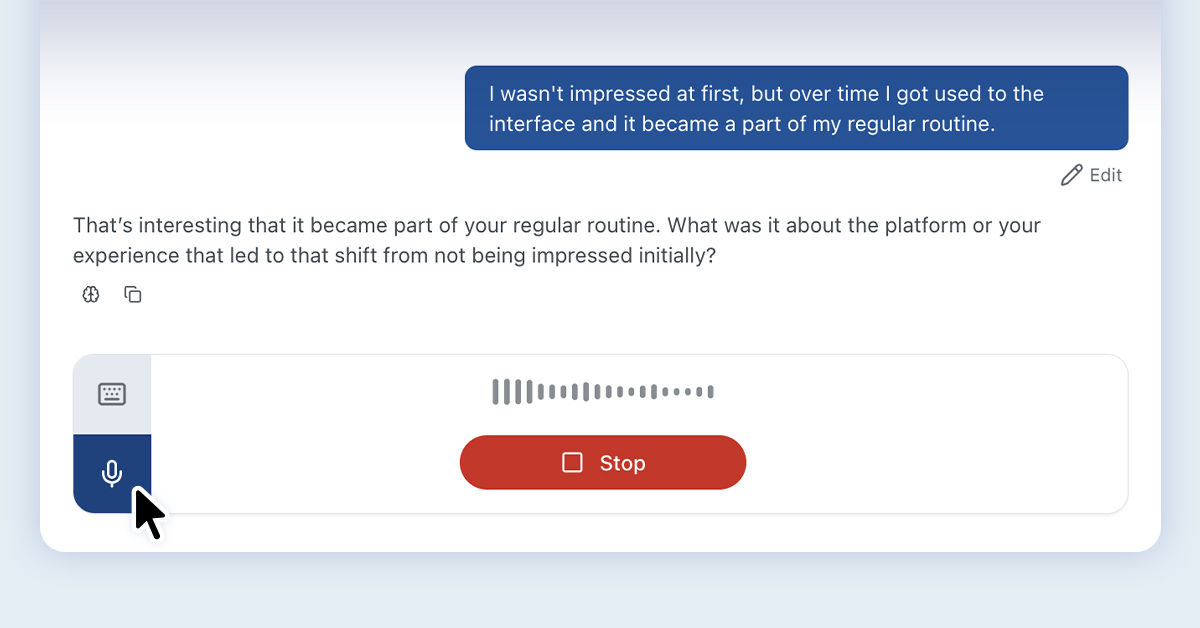Building Communities that Stick
At Recollective, we had the pleasure of hosting a dynamic panel—Building Custom Communities for Successful Engagement—that showcased practical, real-world approaches to engaging research communities over time. Featuring experts from Verve, Cambridge University Press & Assessment and Escalent, the session emphasized that there’s no one-size-fits-all formula for community success.
Instead, engagement thrives when it’s:
- Tailored to audience motivations and needs
- Flexible, with a mix of activities and formats
- Fun and human, with a tone that reflects the brand and values participants feel connected to
We heard stories of moderators fostering trust by responding meaningfully, of participants joining conferences and podcasts, and of carefully balancing relevance and creativity to avoid overwhelming or disengaging users. One standout insight? Successful communities often mirror the best of real-world relationships: intentional, responsive and built on mutual respect.

Real Engagement Starts with Real Listening
From long-term teachers’ panels to fast-paced pop-up sprints, the panelists agreed: true engagement is never accidental. It’s rooted in genuine listening and participant recognition.
- Community members need to feel heard—not just through structured tasks, but in the ways moderators follow up, reflect back and respond with empathy.
- Inactivity is also engagement data. Several panelists described strategies for respectfully re-engaging or sunsetting participants based on their activity patterns, helping maintain vibrant, relevant communities.
- Inclusivity matters, and that often means creating tailored spaces within larger communities—safe, identity-aware spaces where people can engage more openly.

AI in Research: From Sidelined to Side-by-Side
Another major theme at Quirk’s London, echoed throughout sessions and post-event discussions, was the growing presence of AI in the research workflow. What stood out was not the novelty, but the normalization. As one panelist put it, AI isn’t an outsider anymore—it’s a team member.
In our session, we explored how AI is now embedded across:
- Study design
- Auto-programming
- Moderation support
- Thematic analysis
- Reporting and synthesis
Rather than replacing the human researcher, AI is seen as a scaling partner, helping researchers respond faster and more personally—especially in sprint-style research where time is short. But even as AI plays a stronger role, the consensus was clear: participants know when they’re really being listened to, and that still demands the human touch.
Looking Ahead: From Insight to Impact
If there’s one thing we took from this year’s Quirk’s London, it’s this: research communities are not just tools—they’re ecosystems. They serve not only as sources of insight, but also as platforms for connection, co-creation and advocacy.

Thank you to everyone who joined us in-person, tuned in online or engaged with us afterwards. The energy around participant and stakeholder engagement, the integration of AI and the human future of research was truly inspiring.
Recollective is proud to be shaping that future with you. Let’s keep the conversation going!







.svg)